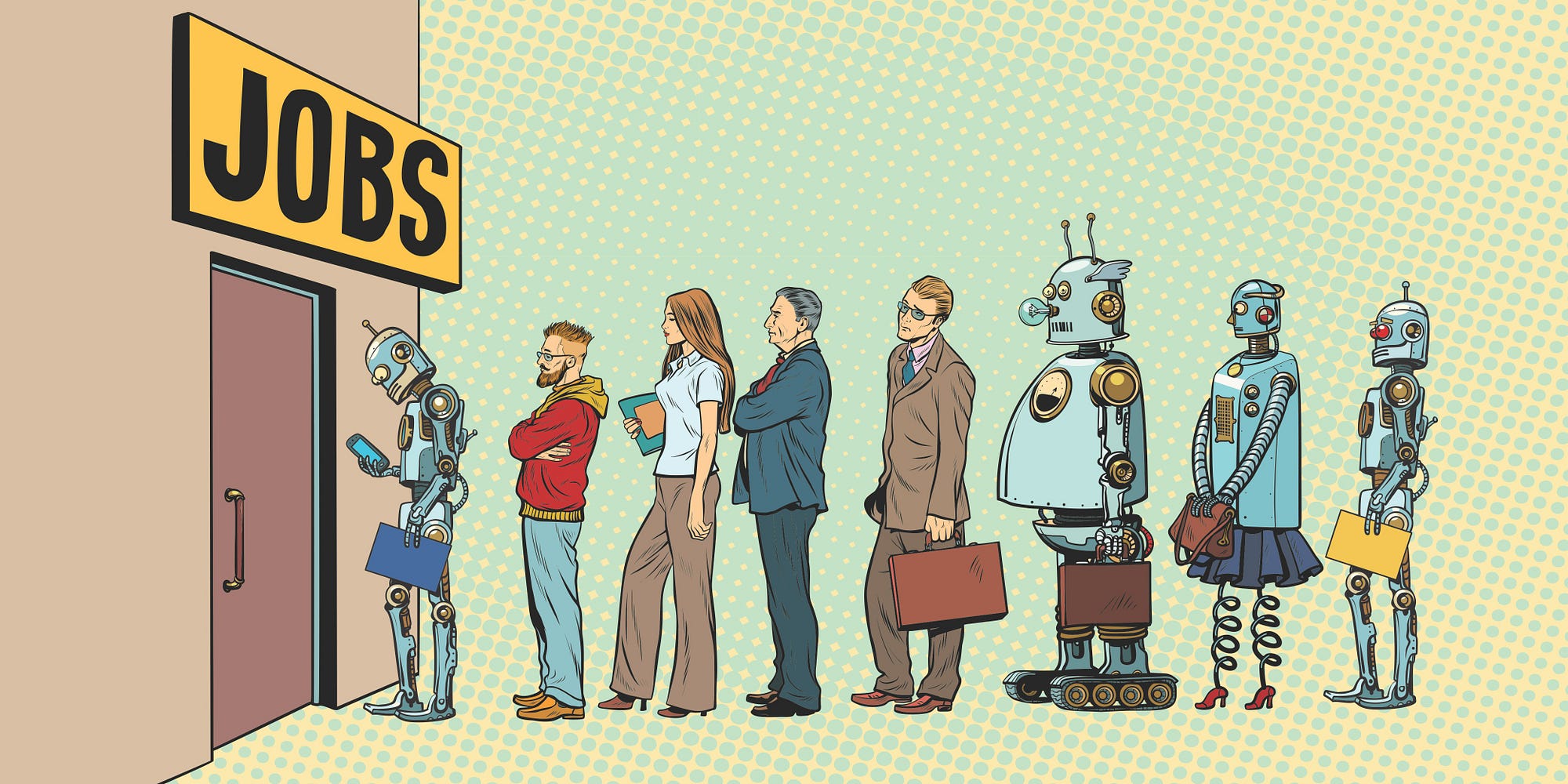Exploring the Unexpected Decline in Artificial Intelligence Employment Opportunities 2023

Exploring the Unexpected Decline in Artificial Intelligence Employment Opportunities 2023
The world of Artificial Intelligence (AI) has experienced an unexpected downturn. According to recent market research, the demand for AI jobs has plummeted by a staggering 60% in the past year.
This decline has stunned industry leaders, policymakers, and job-seekers alike, given the increasing integration of AI into diverse sectors.

Before delving into the downturn, it’s crucial to review the state of AI job demand in recent years. Not long ago, AI was viewed as a sunrise industry, with significant investment in research and development.
From healthcare to automotive and finance, AI adoption was surging, thereby increasing the need for skilled professionals. Universities, recognizing the trend, started launching specialized AI courses to fill the rising demand for talent. Coding bootcamps and online platforms also proliferated to equip learners with the requisite skills.
Late last year, the initial signs of a decline became evident. Job postings that used to receive hundreds of applications within a few hours were going unnoticed. Industry reports started showing a contraction in the number of AI-related job openings. Initially dismissed as an anomaly, this trend has now persisted for months, leaving many puzzled.

One of the most cited reasons for the drop in AI job demand is the maturation of the technology. As machine learning algorithms become more sophisticated, fewer people are needed to perform the same tasks. Automation within the AI sector itself might be contributing to decreased demand for human workers.
The global economic slowdown exacerbated by various factors such as trade wars and the lingering effects of the pandemic could also have led to budget cuts in R&D departments, affecting AI initiatives.
The rapid growth of the AI field led to a dearth of qualified candidates, prompting companies to invest in in-house training programs. As employees became proficient, the need for external hiring decreased.
AI jobs are not immune to the global outsourcing trend. Companies may be relocating their AI departments to countries with lower operational costs, reducing the number of available positions in specific markets.
For professionals in the AI sector, this could mean increased competition, potentially leading to lower salaries and less job security. Universities and coding bootcamps may need to reassess their AI-centric curricula to align with the job market’s changing dynamics.

The decline in demand does not necessarily translate to a decrease in AI’s importance. Companies will need to be more strategic about implementing AI solutions, possibly focusing on quality over quantity.This trend could impact governmental initiatives aimed at fostering AI capabilities. Policymakers might need to divert resources to other burgeoning sectors or focus on developing more specialized AI skills that are in demand.
The 60% decline in AI job demand is an unexpected development that has broad implications across sectors. While it’s too early to predict whether this is a temporary dip or a sign of a more sustained change, stakeholders from education, industry, and policy must collaborate to navigate this uncertain terrain effectively.

Amidst this downturn, it’s essential not to overlook the transformational potential of AI. The decline in job demand is just one facet of a much larger and evolving landscape that continues to impact our lives in profound ways.




